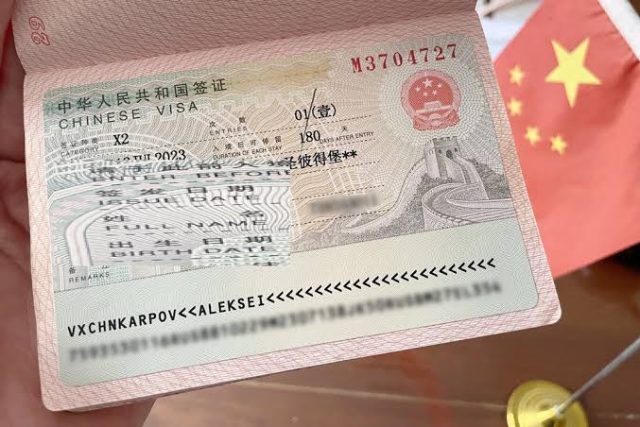The State Council of the People’s Republic of China (“PRC” or “China”) recently revised the Regulations on the Administration of the Entry and Exit of Foreigners, adding a new visa category (K visa), effective 1 October 2025.1
The creation of this new visa category underscores China’s emphasis on attracting “next generation” scientists and researchers.
Why this matters
China introduced the R visa for high-level talent in 2013. The addition of the K visa specifically targets foreign young talent working in the science and technology sector. The K visa will enable holders to arrange their activities in China more flexibly, effectively promoting diverse scientific and technological cultural exchanges.
Immigration advisers and global mobility programme managers charged with the immigration affairs of their mobile employees (including students and researchers) should understand the new rules around this visa type; moreover, they may wish to make changes to their policies and procedures accordingly.
This new visa opens up a new pathway for entry into China for work purposes; it may be subject to additional approvals by the PRC authorities. Individuals may wish to consider engaging a qualified immigration adviser to consult on the rules, discuss conditions for eligibility, and establish the proper steps for making an application.
Highlights
Revision Content
- A new K visa category has been added, specifically to tailor the needs of foreign young science and technology talent who meet certain conditions and requirements.
Eligible Applicants
- Foreign youth who have graduated from renowned domestic or international universities or research institutions with a bachelor’s degree or higher in STEM fields (Science, Technology, Engineering, Mathematics) (further details on qualifying institutions is expected);
- Foreign young professionals engaged in education and research in STEM-related fields.
Key Advantages of K Visa
- Duration of stay: Compared to existing ordinary visa types, holders may enjoy more flexibility in terms of entry frequency and validity period.
- Scope of activity: Activities include exchanges and collaborations in education, science, technology, culture, entrepreneurship, and business.
- Admission requirements: Applications will no longer require sponsorship from a local enterprise, and will be based on age, educational background, or work experience criteria of the applicant.
KPMG insights
Currently, details such as the specific age range for “young” individuals, the scope of specific “tech” industries, the exact validity period and duration of stay for K visas, and follow-up residency policies after entry, remain to be further clarified.
For eligible foreign young science and technology talent and domestic universities and enterprises planning to hire them, considerations may include:
- Closely monitoring the K visa application guidelines released by Chinese embassies and consulates abroad;
- Preparing relevant materials such as academic credentials, research achievements, and proof of employment or enrollment;
- Assessing whether the individual is eligible for the K visa and working with a qualified immigration adviser to determine how to meet the requirements in a compliant and efficient manner.
Individuals and/or organisations with questions about his new visa category and in need of assistance with entry and exit matters, should contact their usual qualified immigration adviser or a member of the immigration team with KPMG in China.
KPMG










